1. Miami, Florida
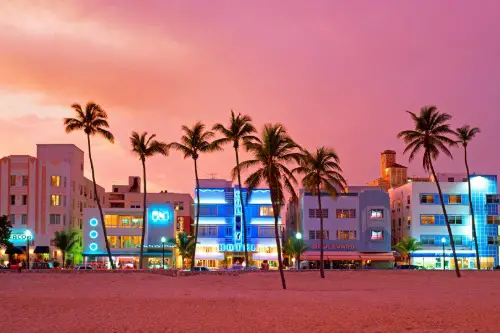
Miami might seem like a sunny paradise, but many seniors are quietly packing their bags, according to Josh Marcus of The Independent. The city has seen rising crime in specific neighborhoods, especially involving property theft and scams that target the elderly. Plus, the cost of living and skyrocketing housing prices are making it harder for retirees on fixed incomes to stay comfortable. Add in the increasing frequency of intense hurricanes, and it’s a cocktail of stress most retirees would rather avoid.
Healthcare in Miami is high-quality, but accessibility can be an issue due to congestion and long wait times in emergency rooms. Public transportation isn’t always senior-friendly, especially for those with mobility issues. The extreme summer heat and humidity also pose health risks, particularly for older adults. Many retirees are now heading north or inland for more affordable and stable lifestyles.
2. Portland, Oregon
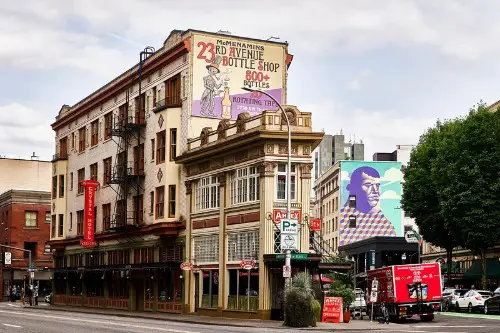
Portland used to be a magnet for peaceful, eco-conscious living, but it’s lost some of that appeal—especially for seniors, according to Charles Butler of Portland Monthly. Homelessness and street crime have risen significantly over the past few years, making downtown areas feel less safe. Property crime, including car and home break-ins, has also gone up, unsettling many long-time residents. The lack of affordable senior housing is another growing concern.
Weather can be another downside—Portland’s long, rainy winters can increase risks of depression and falls for older adults. Access to healthcare is decent but varies depending on the neighborhood. Some seniors also say that city services feel overstretched, leading to delays in accessing support programs. It’s not the quiet, cozy corner it once was.
3. Albuquerque, New Mexico
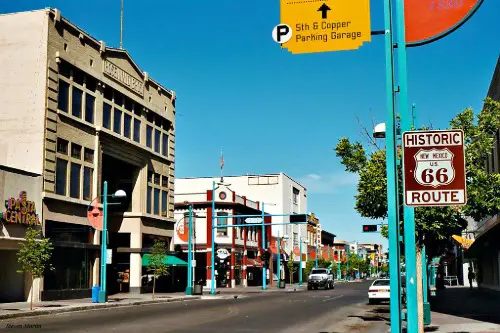
Albuquerque often gets praise for its scenic beauty and mild winters, but crime has become a dealbreaker for many retirees. It ranks high nationally for both violent crime and property crime, which has left many seniors feeling vulnerable. Home break-ins and car thefts have been especially problematic in recent years. For those living alone, it’s understandably unsettling.
While healthcare access is generally good, some parts of the city are underserved and hard to reach without a car. Public transportation isn’t robust, and walkability outside central areas is poor. On top of that, there are increasing concerns about water shortages and infrastructure aging faster than it’s maintained. Seniors looking for peace of mind are starting to look elsewhere.
4. Chicago, Illinois
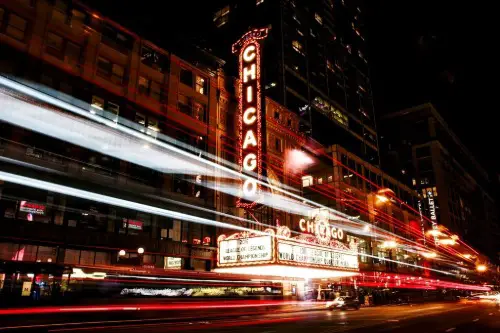
The Windy City has a lot to offer, but safety concerns are pushing many older residents to leave, according to Lauren Victory of CBS News. Gun violence remains a pressing issue in several neighborhoods, with some spillover even into once-quiet areas. Seniors living on fixed incomes are also squeezed by high property taxes and utility bills. It’s becoming harder to stretch retirement dollars in the city.
Chicago winters are no joke either—icy sidewalks and bitter cold are tough on aging joints and balance. Snow removal in some neighborhoods can be inconsistent, making daily errands more hazardous. Although the city has great hospitals, not all seniors have easy access to them, especially in underserved communities. Many are now eyeing warmer and quieter Midwestern towns.
5. San Francisco, California

San Francisco has become less senior-friendly over the past decade due to a toxic combo of high living costs and street safety issues, according to Jennifer Taylor of GO Banking Rates. Homelessness has surged, and the visibility of drug use and mental health crises downtown makes some areas feel unsafe. Seniors on a budget struggle with rising rents, food costs, and healthcare expenses. Even for those who own homes, property taxes and home maintenance costs are steep.
The hills and lack of widespread senior-friendly transit options make getting around difficult for those with mobility issues. Tech-driven inflation has priced many older residents out of basic services. Plus, emergency services are stretched thin in some neighborhoods. For many, the city’s charm just doesn’t outweigh the challenges anymore.
6. Phoenix, Arizona

Phoenix was once a retirement hotspot, but the rapid growth has come with problems that disproportionately affect seniors. Summer temperatures routinely soar above 110°F, posing real health risks like heatstroke and dehydration. Air quality is also a growing concern due to dust and wildfire smoke. With the strain on power grids, heat-related blackouts are becoming more frequent.
Traffic congestion and suburban sprawl make it tough for non-drivers to get around. While there are good healthcare facilities, appointment wait times have increased due to population surges. Water scarcity is another long-term issue looming over the entire metro area. Many retirees are opting for smaller Arizona towns with more manageable growth and climate.
7. New Orleans, Louisiana
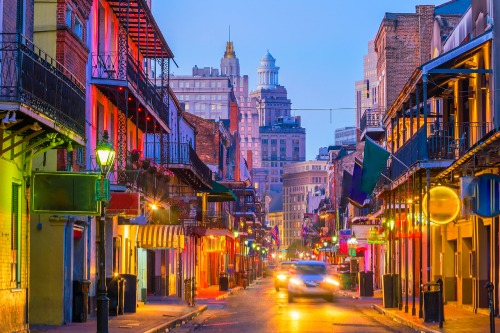
New Orleans is full of culture, music, and history—but it’s not the easiest place for seniors to thrive anymore. Rising crime, especially in residential neighborhoods, has made safety a top concern for older adults. Hurricane season is an annual stressor, and evacuations can be particularly hard on those with medical needs. Flooding remains an ever-present risk.
Public transportation is unreliable, and uneven sidewalks can be treacherous for walkers and wheelchairs. While there are great hospitals, access varies widely by neighborhood. The city’s aging infrastructure also means frequent water main breaks and power outages. Many seniors now feel the cost of staying outweighs the charm of the Crescent City.
8. Denver, Colorado

Denver’s popularity has driven prices—and headaches—way up, and seniors are starting to feel the squeeze. Rent and home prices have climbed significantly, making it hard to downsize affordably. The influx of younger residents has shifted city planning and public services away from senior needs. Traffic is increasingly hectic, and walkability varies dramatically across neighborhoods.
Altitude can be another issue; for those with respiratory or heart problems, the thin air is no joke. Winters can be icy, and snow removal isn’t always reliable in residential areas. There’s good healthcare in Denver, but demand is high and appointments can take time. Many retirees are eyeing nearby smaller towns with lower costs and gentler pace.
9. Los Angeles, California
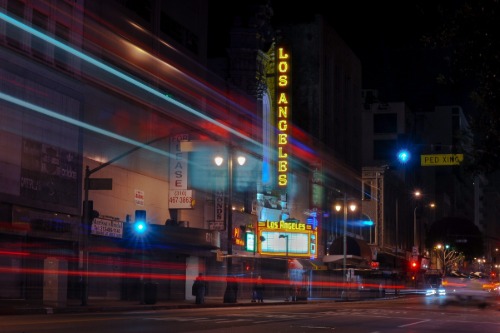
Los Angeles may have the weather, but it’s losing retirees fast due to soaring costs and rising crime. The cost of housing, even for those who already own, is sky-high when you factor in taxes, insurance, and upkeep. Seniors often feel isolated due to the city’s car dependency, especially if they stop driving. Public transportation, while improving, still leaves much to be desired for those with mobility concerns.
Homelessness, particularly in areas like Downtown and Venice, adds to the safety concerns. While top-tier hospitals are available, navigating L.A.’s vast sprawl can be exhausting. Air quality is another issue that affects older lungs more acutely. Many seniors are now heading inland or out-of-state altogether.
10. Las Vegas, Nevada

Vegas isn’t just bright lights and buffets—it’s also becoming less senior-friendly. Rising crime rates, particularly in residential areas off the Strip, have raised red flags for many older residents. Summer heat is extreme, with weeks of 110°F+ temperatures not uncommon. Blackouts during peak usage times are happening more often, which is dangerous for anyone relying on medical equipment or air conditioning.
Healthcare access is mixed—there are good hospitals, but demand has outpaced growth in some areas. Water shortages due to drought and Lake Mead’s decline are causing widespread concern. Public transit is minimal, and many neighborhoods are designed more for tourists than full-time residents. It’s no longer the low-stress retirement haven it once was.
11. Seattle, Washington
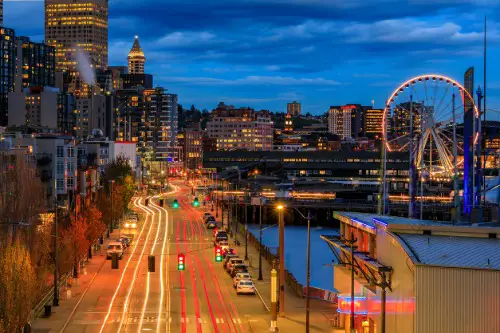
Seattle has a lot of appeal on paper—great healthcare, beautiful views—but it’s losing some of its senior charm. The cost of living is sky-high, and property taxes continue to rise. Crime has also crept up, particularly property crime and car thefts. Seniors living alone or with limited mobility may feel increasingly vulnerable.
Rainy weather can also pose health risks, from slippery sidewalks to seasonal depression. Traffic is a mess, and the steep hills are challenging for older adults. While public transit is better than in many cities, it’s not always accessible in outer neighborhoods. Many retirees are opting for the quieter, less expensive suburbs or leaving the region altogether.
12. Philadelphia, Pennsylvania
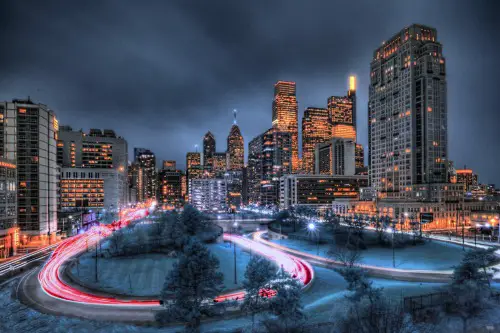
Philly has world-class healthcare, but that’s not enough to keep seniors from moving out. Violent crime, especially in North and West Philadelphia, has been rising and makes many neighborhoods feel unsafe. Even in more affluent areas, carjackings and break-ins have become more common. The city’s infrastructure is aging, which means frequent outages and unreliable public services.
Winter weather brings added hazards—icy sidewalks and poorly plowed streets can be dangerous for older residents. Public transportation is widespread but not always reliable or safe after dark. Seniors looking for a more peaceful lifestyle are heading to surrounding suburbs or smaller towns in Pennsylvania. The city is losing its status as a solid retirement option.
13. Detroit, Michigan
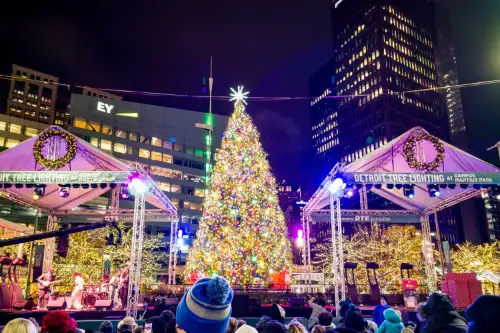
Detroit has made strides in recent years, but safety and infrastructure still make it a tough sell for retirees. Crime rates remain high in many neighborhoods, especially when it comes to violent crime. City services can be inconsistent, with issues like water shutoffs and delayed snow removal causing concern. Many retirees feel forgotten as revitalization tends to focus on younger professionals and downtown development.
Healthcare access is improving, but disparities still exist depending on the area. Property taxes are surprisingly high for the level of services provided. Harsh winters can be particularly isolating for seniors with mobility issues. Many are relocating to nearby suburbs like Royal Oak or even out of state.
14. Tampa, Florida
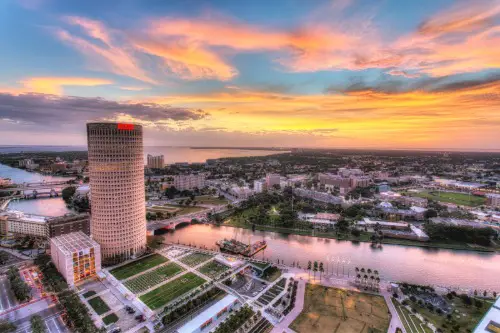
Tampa was once a retirement favorite, but that’s been changing. The housing market has surged, pricing out many fixed-income retirees. While parts of the city remain pleasant, crime in others—including car theft and burglary—is a growing issue. Hurricane threats have also escalated, with storm seasons feeling longer and more intense.
Traffic is a headache, and suburban sprawl makes it hard to get around without a car. While medical facilities are good, they’re often overbooked due to population growth. Many seniors are finding the city too busy, expensive, and risky to continue calling home. As a result, quieter areas like Ocala or The Villages are seeing more interest.
15. Anchorage, Alaska

Anchorage may sound peaceful and scenic, but it comes with challenges that have pushed many seniors out. Winters are brutally cold and dark, increasing risks of isolation and seasonal depression. Icy roads and sidewalks make it difficult to get around safely. And despite its size, Anchorage has higher-than-average crime rates, including assault and theft.
Healthcare access is limited in comparison to more urban areas in the Lower 48. Groceries and supplies are expensive due to shipping costs, which hits fixed-income seniors hard. The long travel times to visit family or specialists outside Alaska add another layer of difficulty. Many retirees are heading south to places with milder weather and better accessibility.
16. Austin, Texas

Austin may be booming, but that boom has priced out many retirees. Housing costs have soared, and property taxes are among the highest in Texas. The influx of younger tech workers has shifted city planning priorities away from senior services and infrastructure. Traffic congestion has become notorious, and public transportation hasn’t kept pace.
Summer heatwaves are getting more intense and longer, increasing health risks for older adults. While healthcare options are solid, demand is high and wait times are rising. Noise and construction from constant development can also be stressful for those looking for peace and quiet. Many seniors are turning to smaller Hill Country towns for a more laid-back and affordable retirement.


